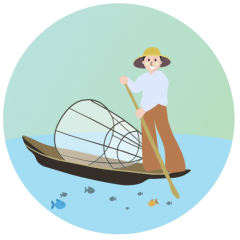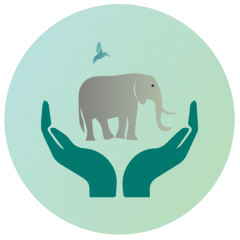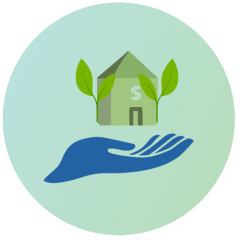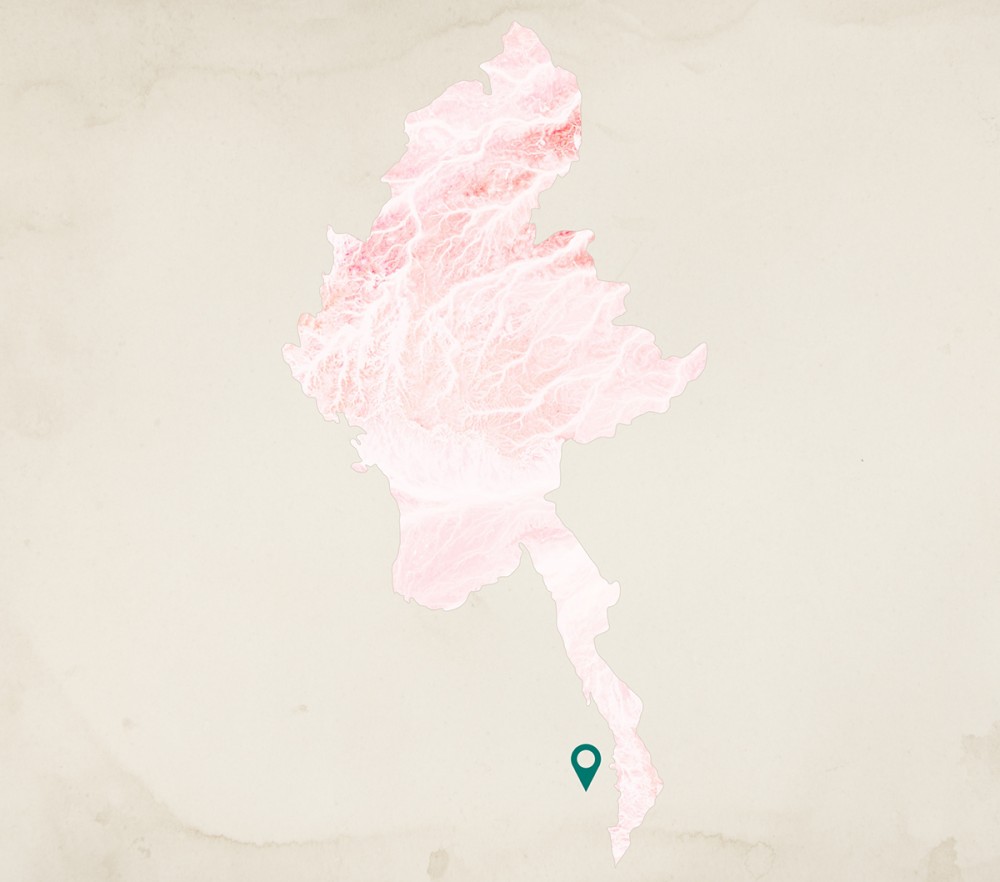
Locally Managed Marine Areas
Background
In the Myeik Archipelago, important and diverse marine habitats are threatened by overfishing as well as habitat destruction and loss. The establishment of Locally Managed Marine Areas (LMMAs) is one method that can be used not only to protect these habitats but also to support local livelihoods.
The project
In 2017, three LMMAs were established in the Myeik Archipelago for the conservation of key biodiversity areas and sustainable fisheries management. These LMMAs in Langann, Don Pale Aw, and Lin Lon represent the first designated protected areas specifically established for marine co-managed fisheries in Myanmar, whereby long-term management of marine areas has been granted to local fishing communities. These communities receive exclusive fishing rights while taking responsibility for protecting local marine habitats and biodiversity. In the next three years, four new marine areas will be created and sustainably managed through the LMMA model.
About the organization
Founded in 1903, Flora and Fauna International (FFI) is the world’s oldest international wildlife conservation organization. Its mission is to protect biodiversity and conserve threatened species and ecosystems by choosing solutions that are sustainable and that take into account human needs.
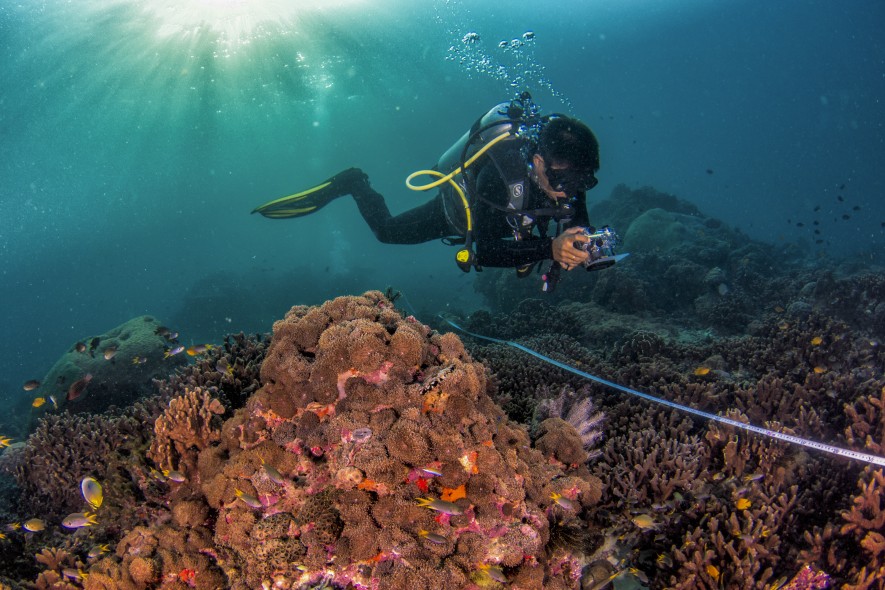
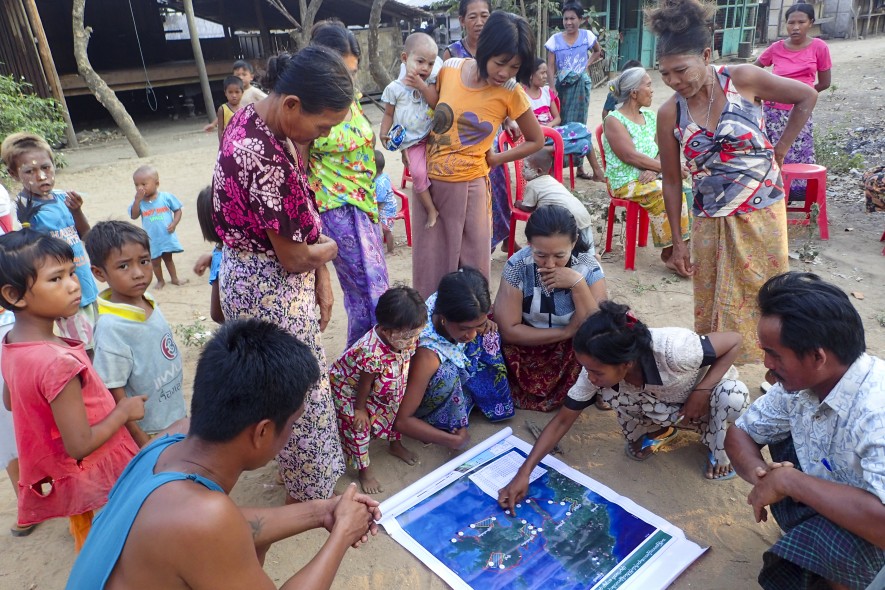
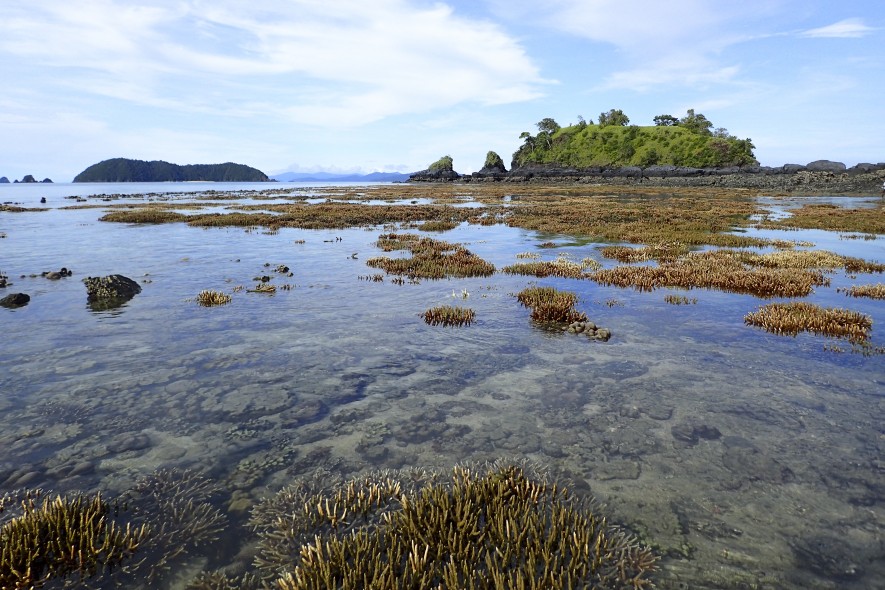
Implemented by
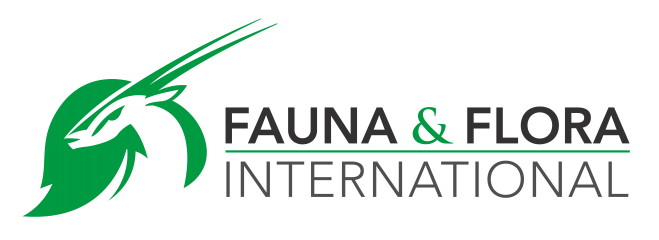
Financed by



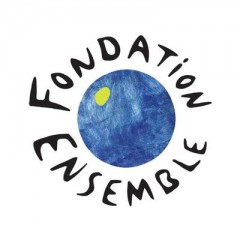
Institutional partners
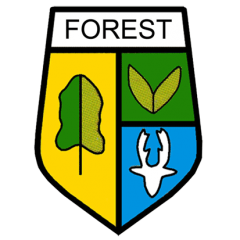
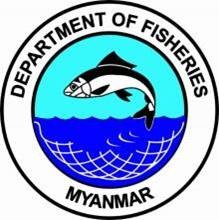
Solar mini-grids in remote Myanmar
Supporting off-grid energy and livelihood development


